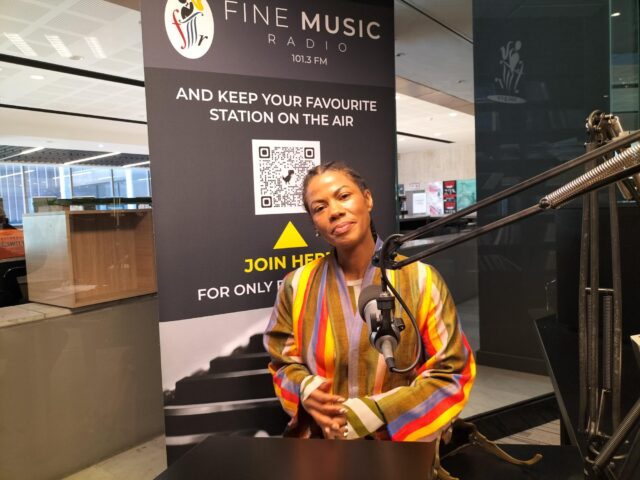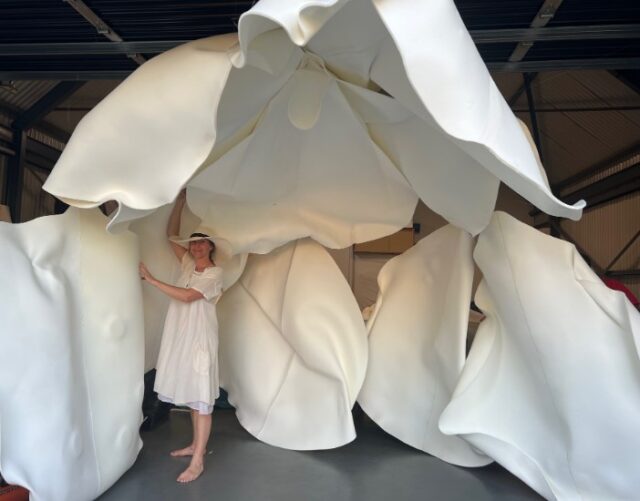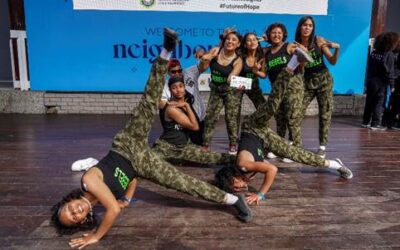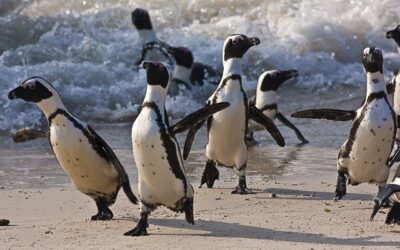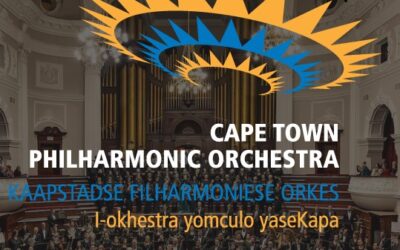UCT Summer School 2022 has several courses that focus on heritage – and here are three that sparked our interest.
LECTURE AND WALKABOUT: CAPE MUSLIM AND SLAVE HERITAGE MUSEUM
WHEN: Saturday 5 February 10.00 am–12.00 pm COURSE FEES R150 (in person) Book HERE
WHO: Igshaan Higgins
The Cape Muslim & Slave Heritage Museum, (photo above) located at the Castle of Good Hope, contains in excess of one
thousand artefacts and works of art. This museum narrates the unedited history of the Cape by exploring the
arrival of the Dutch East Indian Company, British Imperialism, the slave trade, the emancipation of the slaves,
the vibrant cultures of District Six and Bo-Kaap and the contribution of Muslim, Jewish, Christian, the African
and Asian diasporas in shaping contemporary South African culture. The museum tells this emotive visual story
through a rare collection of paintings, artefacts, photographs and relics and aims to preserve the Muslim and
Slave history of the Cape.
Drawing inspiration from his sound knowledge of Cape history, the deep rootedness in his community and
extensive travel experiences, the curator, Mr Igshaan Higgins, an attorney by profession and activist, will host
this session, in so doing ensuring the Cape Muslim and Slave history is preserved.
Parking is available in Darling Street next to the Castle.
Please meet Mr Higgins at the entrance to the Museum inside the Castle’s grounds.
THREE WINDOWS ON SAN ROCK ART
WHO: Professor David Pearce, archaeologist, Rock Art Research Institute, University of the Witwatersrand
WHEN: Monday 10–Wednesday 12 January 11.15 am COURSE FEES: R225 (online)/R330 (in person) BOOK: ONLINE IN-PERSON:
The hunter-gatherer San rock art of southern Africa is well-known locally as well as internationally. After decades
of intense study, a great deal is known about the art, particularly in terms of meaning. Yet, much remains to
be learned. In this course three interrelated topics in current southern African rock art research are explored:
chronology, lesser-known ethnographies and the art resulting from contact between hunter-gatherers and other
communities. Each of these topics is a window into contemporary research that is expanding our knowledge of the
art and the communities that made it. The lectures explore scientific as well as anthropological techniques and
shows how they may be drawn together to better understand our past.
Lecture titles
1. The trouble with dating: establishing a chronology of southern African rock art
2. ‘They are all dead that I could ask’: lesser-known ethnographies and understanding South African rock art
3. Meet the neighbours: how interaction is visible in rock art
PALACES OF STONE
WHO: Emeritus Professor Thomas N. Huffman, School of Geography, Archaeology and Environmental Studies,
University of the Witwatersrand
WHEN: Monday 24–Friday 28 January 11.15 am COURSE FEES: R375 (online)/R550 (in person) BOOK: ONLINE IN-PERSON
At its peak in the fifteenth century, the Zimbabwe culture spread over an area the size of France. This course
begins with its origins in the Limpopo Valley through a combination of surplus wealth from the Indian Ocean
trade network and increased population from flood-plain agriculture. These and other factors led to formal class
differences and to sacred leadership – the essence of the Zimbabwe culture. Once established, various political
dynasties competed for power, including the ones at Mapungubwe and Great Zimbabwe, as well as the Torwa at
Khami, the Mutapa in the northeast and the Rozvi at Danangombe. Portuguese interference caused the collapse
of the Zimbabwe culture in the Mutapa kingdom, but it continued in the southwest until the early nineteenth
century. Portuguese documents, Shona oral traditions and Venda customs help to reconstruct ritual behaviours
and symbolic messages expressed through stone-walled palaces that provided ritual seclusion for sacred leaders.
Lecture titles
1. Origins: Mapungubwe and the Kalanga
2. Great Zimbabwe and the Karanga
3. Khami and the Torwa
4. Mutapa and the Portuguese
5. Danangombe and the Rozvi
WHAT: UCT Summer School 2022 Embracing Change
WHERE: University of Cape Town and Online How to book | Summer School (uct.ac.za) | Webtickets
HOW: Email | UCT Summer School 2022 –
INFO: Summer School Brochure
See also MapMyWay and Cape Town Green Map



